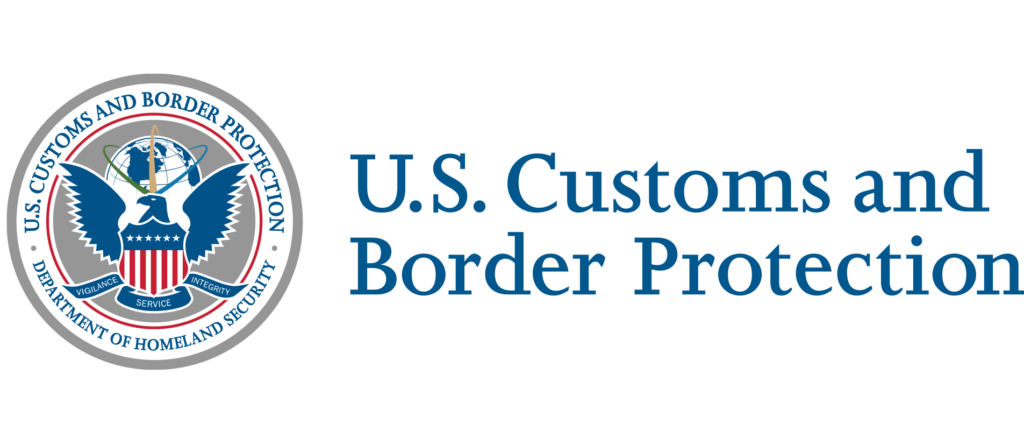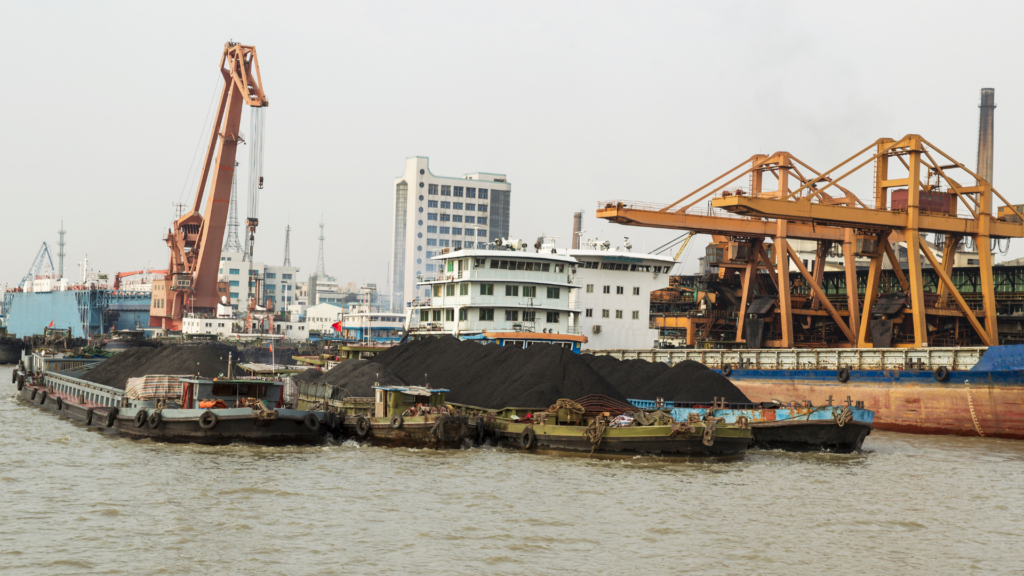Section 301 Tariff extension, 2024 PMS dates, Going Green Challenges, and China Retaliates.
Your weekly All-Ways round-up of Supply Chain news.
USTR Extends Exclusions from China Section 301 Tariffs to Allow for Comments on a Review of the Exclusions and Alignment with Four-Year Review
The Office of the United States Trade Representative today announced the further extension through May 31, 2024, of the reinstated and COVID-related exclusions in the China Section 301 Investigation. The exclusions were previously scheduled to expire on December 31, 2023. USTR announced the opening of a docket for public comments on existing exclusions on January 22, 2024. The extension will enable the orderly review of the exclusions consistent with statutory factors and objectives to identify in which cases additional time would enable shifts in sourcing to the United States or third countries. The extension will also facilitate the alignment of further decisions on these exclusions with the ongoing four-year review.
Additional information is set out in the Federal Register Notice, which can be viewed here.

Cargo Systems Messaging Service
CSMS # 58757744 - Periodic Monthly Statement (PMS) Dates for 2024
Filers who are approved to participate in Periodic Monthly Statement (PMS) can pay duties for shipments entered or released during the previous calendar month. For 2024, those dates are available for reference in the attached file.
For more information on PMS, please download a copy of the Periodic Monthly Statement User guide available at this URL: Periodic Monthly Statement | U.S. Customs and Border Protection (cbp.gov)
Periodic Monthly Statements Due Dates for 2024

Unrealistic Environmental Goals
California’s deadlines for implementing clean air regulations may have adverse consequences.
A coalition made up of more than 160 transportation groups, shippers, and agricultural exporters wrote a letter to Gov. Gavin Newson stating “We understand that aggressive deadlines energize air goals, but our assessment is that these will eventually prove to be unrealistic unless government provides sufficient financial support and regulator flexibility to make them happen.”
The rigorous California Air Resources Board’s (CARB’s) goals will be arduous to meet because of underdeveloped technology and lack of zero-emission proper port infrastructure.
The group is hoping to open up a conversation with the governor and other officials to discuss the matter and how it can be more realistically implemented but has received no response thus far.

Retaliatory Action
As the US is considering cutting back on its reliance on China, China will be banning or restricting the export of a range of rare-earth technologies.
These materials are used in everything and China dominates the industry. This could make it more difficult for the US and other Western countries to obtain necessary materials.
Countries looking to generate supplies domestically will face challenges as there were very few refineries outside of China until recently. Meaning, China has the newest technology, the data, and the expertise.
Obtaining and stocking these supplies are becoming an increasing part of Western nation’s national security.

